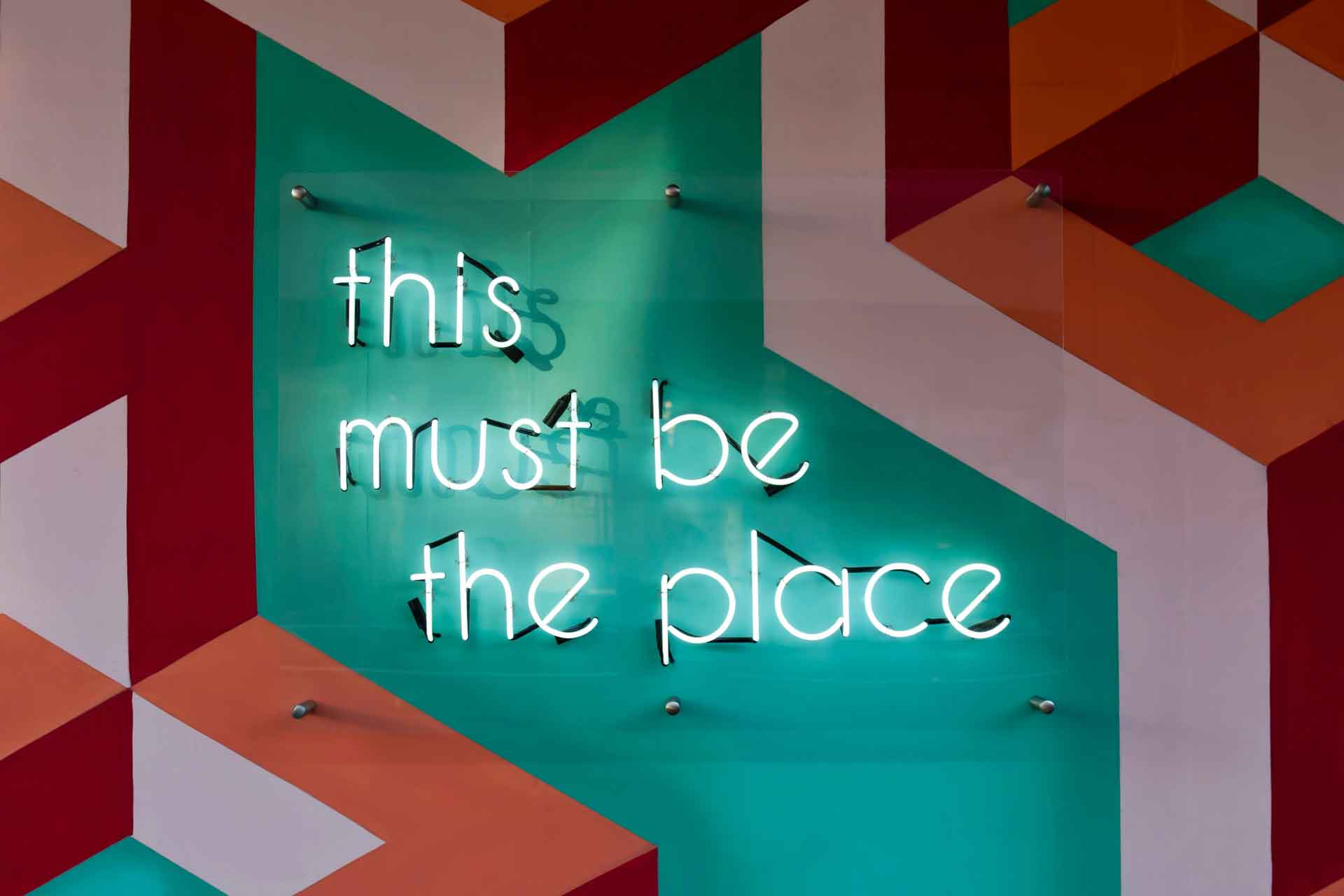How does business simulation development with a partner work?

A testimonial by our partner Ralph M Sabatino, founder of Executive Strategies LLC, based in the US.
Build a successful business partnership
Our Executive Strategies LLC – MEGA Learning Partnership is now in its 32nd year. Over the course of our relationship, I have personally brought a wide array of clients in various industry sectors into our business simulation games, including business game developments. Many of these companies were information technology behemoths, pharmaceuticals, industrial gases, global financial institutions, healthcare organizations, as well as universities.
More times than not, individual client executives were members of the corporate human resources staff, management and executive development specialists or organization development experts.
It was helpful that in all that time I have also run a small, niche management-consulting firm of the same name.
Invariably through my consulting work in the areas of Strategic Management and Organization Assessment & Development I have either worked with the same people within an organization or been referred to other companywide decision makers. The synergy between these entities has had a valued impact on our ability to assist clients face a multitude of challenges and initiatives.
Given my own client experiences over the years, developing a business simulation in partnership with a client allows them to think more broadly about the necessary skillsets their future leaders will require. A simulation design does not encompass only the current reality of an organization, it also helps them envision potential future scenarios their leaders will face in the real world. Ultimately, having such an experiential tool such as a business simulation can add value to the individual participants’ day-to-to day challenges. It also can help evaluate an organization’s readiness to compete.
A fact that I am perhaps most proud of is that in all those years, every client engagement began with a referral from a present or former client.
Seize opportunities to tap into game-based learning
In 2008, while teaching at another well-known graduate school of public health in New York City I came to see another linkage between my activities and simulation. I had originally assisted them in the development of a consulting workshop that provided students an opportunity to work on an actual client engagement within the healthcare segment.
It was then that the idea of a healthcare simulation began to germinate.
With the support of senior faculty members and very supportive management, it became clear that our students could greatly benefit from a program-culminating event or capstone.
In essence such an experience would tie together their course work, individual research, team projects and practicums in a real-world, risk free, simulated learning event.
One year and three months later, after much research and development work, we launched MEGA Learning’s first healthcare simulation game.
Two years later we launched an open enrollment program for healthcare sector executives and functional staff.
Both programs became hugely successful and continued to run for the next decade. These experiences reinforced in my mind the value that strategic management simulations had in the healthcare sector and beyond.
Create a sustainable relationship with your clients
The case of the NYU Robert F. Wagner Graduate School of Public Service Engagement.
One of the many important lessons I’ve learned in my five decades of this consulting and development work is a firm belief, “that a client, is a client for life” whether your work is continuing with them or not.
I still to this day reach out to former clients and colleagues on a regular basis. In addition, some former colleagues who have made career changes, perhaps to other organizations or responsibilities have become clients again.
None could be a more perfect example of this than the NYU engagement. Here our primary client was an exceptionally knowledgeable former colleague from a prior university experience. Regardless, we went through a multi-discipline screening process and ultimately a highly competitive bid process to win their business.
Follow the steps to successful business game development
Lessons learned from our experience with NYU and other institutions
Identify the client needs
Initially identify with the client a clear understanding of the partnership’s mutual objectives upfront.
Set and map out milestones
Lay out a clear, concise, and easily understood “roadmap” detailing what the endeavor or “journey” is ultimately setting out to achieve.
Develop a series of Goals or Critical Milestone Markers, also known as Objectives for the project. This should include a generalized design perspective.
Gather field experts and support the research
Assemble the best possible team of experts, client decision makers and contributors to create a Vision and Ultimate Purpose defining the project’s outcomes.
Methodically conduct all necessary research with the client and development team to define what in fact will support achievement of the generalized design. this requires participation by subject matter experts – individuals with broad experience & credentials in their fields – as well as methodical general subject matter research.
Validate the simulation scenario design
Through constant and planned communications within the client/development team, work to craft a final agreed upon design for the simulation.
Make it clear who should do what and measure it!
Along the way, it will be imperative to have a detailed development plan that specifies tasks, responsibilities, timeframes and continuing investigatory or follow-up work.
Create a mutually agreed to “Dashboard” that the developing team and its members will live by. Ensure the metrics are reasonable and achievable. Always allow for new concepts to be considered.
Be open: test, adapt, and test again, with your clients and experts
Be adaptable in your flexibility to accommodate necessary changes and innovations; this is critical.
At major milestones, ensure that system development is meeting the requirements and testing of components’ sub-systems is successful.
And always, always, as the client-partner leader, keep the communications open and flowing 24/7. There is never too much good communication.
With the NYU project, we had planned team development meetings with the client no less that semi-monthly to start, and monthly as the project proceeded. We added additional meetings as were required. As the Relationship Manager for the project, I also conducted separate meetings with my client leader.
When you conduct a pilot program of your simulation – that being the first live test of a business simulation game in context – always insure that, as many of those subject matter experts who originally participated in your initial interviews are included.
Add to that a cadre of faculty, even former students of note. Come away from the experience with a participant survey and conduct an actual live debrief with the participants for suggested improvements and systems fine-tuning.
And go back to adapting and testing!
Celebrate successes
Lastly, remember to celebrate along the way, it makes the hurdles easier to achieve.
In my opening remarks, I said that, from my perspective, “a client, is a client for life”: the partnership and value both parties take away from a development experience is not only on the personal level, but also represents a professional development opportunity for everyone involved. Such a project is certainly a unique learning experience, and perhaps that is the ultimate satisfaction point.
The outcome of this project has been addressed in more details in this article.
Conclusions
The aforementioned outlined steps have worked for our team successfully for years.
At all times we make every effort to stay flexible, emphasize open communications with our clients, accept new ideas and approaches from our client and more.
And if I can just say one more time: communicate, communicate, and communicate!
Thanks for listening and all best wishes.
Ralph M Sabatino
MEGA Learning Business Partner, U.S.
President & Founder
Executive Strategies LLC
Scottsdale, AZ









